André Tchaikowsky: Music for Piano, Volume One
Although André Tchaikowsky (1935-82), Polish-born but based in Britain, was one of the finest pianists of his era, his true calling was as a composer, and this first conspectus of his piano music features the first recording of his powerful, craggy Piano Concerto (1973-75), the epigrammatic Inventions he dedicated to a series of friends and his only mature Piano Sonata — evidence of the magnitude of the loss from his early death from cancer, aged only 46.
Maciej Grzybowski, piano
Vienna Symphony Orchestra, orchestra
Paul Daniel, conductor
Jakob Fichert, piano
Nico de Villiers, piano
Listen To This Recording:
-
Piano Concerto, Op. 4 (1966–71)
- I Introduction: Grave
- II Passacaglia: Lento liberamente
- III Capriccio: Vivace con malizia
- No. 1 Allegretto tranquillo
- No. 2 Adagio serio
- No. 3 Leggiero e vivace
- No. 4 Velocissimo
- No. 5a Semplice
- No. 5b Placido
- No. 6 Con umore
- No. 7 Allegretto scherzando
- No. 8 Vivacissimo
- No. 9 Brusco
- No. 10 Lento transparente
- I Non troppo presto
- II Largo
- III Piano e veloce
Inventions, Op. 2 (1961–62)
Sonata for Piano (1958)
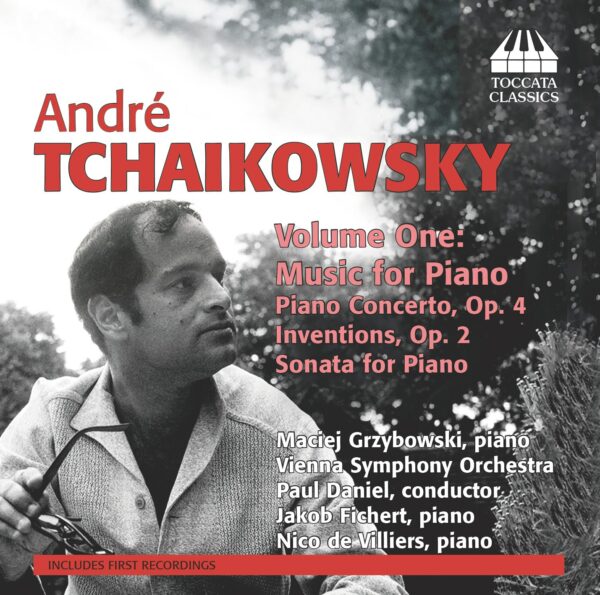
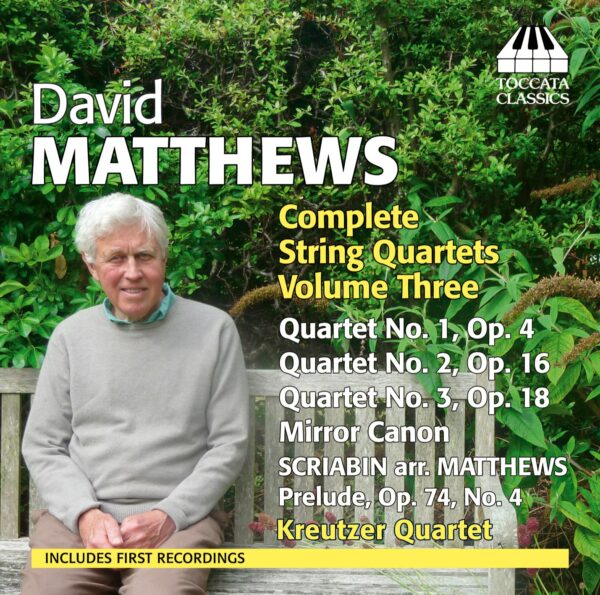
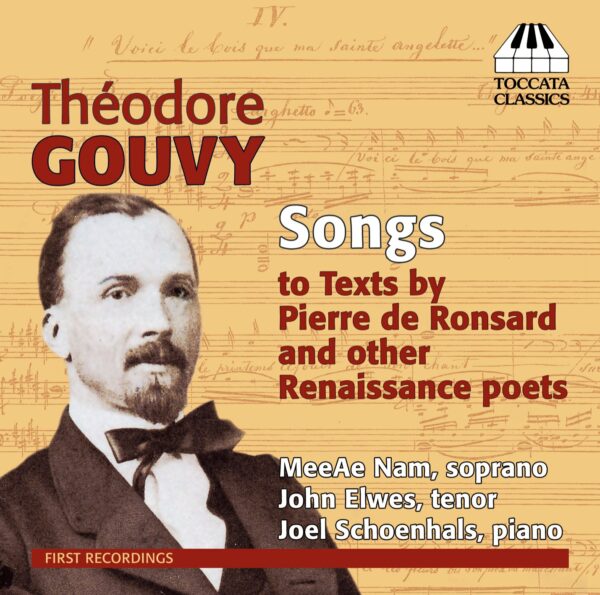
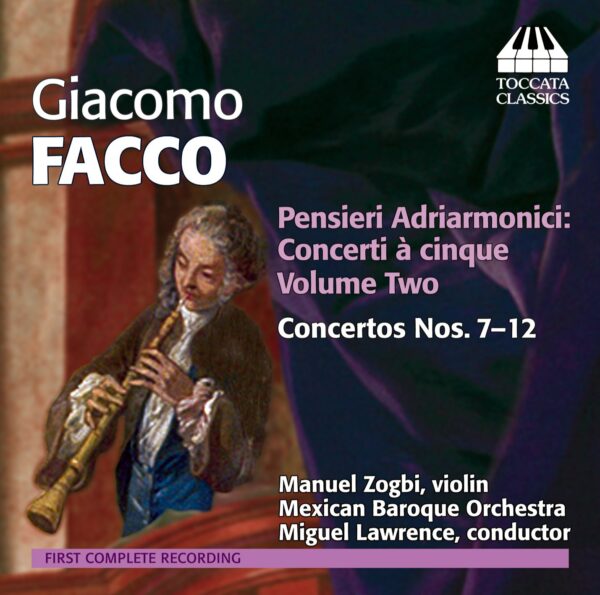
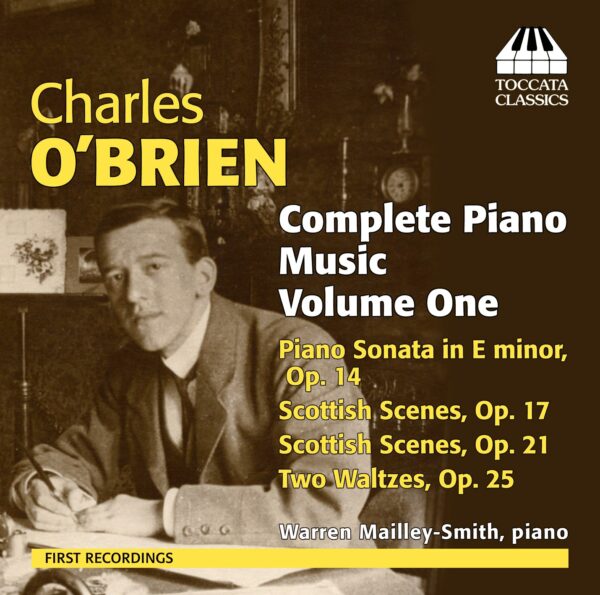
Sinfini Music :
‘…His piano concerto, written for Radu Lupu in the late 1960s, reflects the swirling currents of Sixties London. Atonal and dramatic, it is austere only in its frugality – not a note out of place. A sultry mischief, alternately angry and amused, pervades the work. The music engages the listener with a powerful personality and an infectious musicality.’
—Norman Lebrecht Sinfini Music
MusicWeb International :
‘…[The Piano Concerto, Op. 4] Throughout, the music borders on atonality in parts, and one also detects neo-classical elements, especially in the Capriccio final movement. It is a powerful work and a masterstroke of scoring. …The recording engineers have managed to achieve a bright, translucent and vivid sound, which allows the complex orchestral textures to emerge with clarity and definition. The balance between the piano and orchestra is ideal. Paul Daniel, who conducts the performance, brings out all the drama and orchestral detail. …The ten Inventions, Op.2 date from 1961-62. …Throughout, one discerns hints of Shostakovich, Bartók, Stravinsky and Schoenberg. …The 1958 Piano Sonata shows a highly developed musical language in its intricacy. …These are works which definitely cry out for more circulation. Certainly, the Piano Concerto is a work I will return to often.”
—Stephen Greenbank, MusicWeb International
Fanfare Magazine :
‘…[Piano Concerto] writing is tautly constructed with a real sense of purpose, clearly communicated in this performance by Polish pianist Grzybowski. Conductor Paul Daniel controls the tricky interplay between piano and orchestra with precision. The 10 Inventions of 1961–62 are aphoristic pieces, rendering Bachian counterpoint in Schoenbergian language. …this collection of pieces is my favorite music on the disc. …There is nothing throwaway or casual about Tchaikowsky’s work as a composer, even though his main reputation lay elsewhere. On this evidence he was a serious creative artist.’
—Phillip Scott, Fanfare Magazine
American Record Guide :
‘… His piano music in particular is beautifully crafted: refined, expressive, lapidary. The compositional idiom is definitely modern, though just as definitely not avant-garde, drawing on sources as varied as Berg, Bartok, Stravinsky, and Prokofieff while at the same time displaying a recognizably Eastern-European-filteredthrough-French-modernist sensibility… [Piano Concerto, Op. 4:] The piano writing is scintillant but jagged—imagine Prokofieff at his most radical, pushing at the furthest boundaries of tonality— leaping all over the keyboard and tossing off brilliant sparklers that scatter into a swirling nocturnal soundscape etched by a brilliant and intricate orchestral accompaniment. Like Van Gogh’s, there’s nothing still or tranquil about Tchaikowsky’s night sky; all is movement, color, light, and energy against a background of pitch black. The world this ultra-vivid concerto evokes is grand but dark, unsettling, violent, perhaps malevolent, perhaps merely indifferent. At any rate it’s a stunner. Where has it been hiding all these years? The performance is excellent, too, with soloist Grzybowski well up to its strenuous demands. …The Ten Inventions is a fully mature work (1962) and a masterpiece of its kind, confirming both the individuality and consistency of Tchaikowsky’s personal language, as well as the variety and range of emotion it made possible. Each of these lovingly shaped gems, perfectly written for the instrument, has a distinct character. Each shimmers with its own luminous energy, as if a sonic embodiment of those “superstrings” whose vibrations, physicists tell us, constitute creation itself.’
—Mark L Lehman, American Record Guide
American Record Guide :
‘… His music is intense, brightly colored, highly chromatic, often spiky, with many florid and glittering flights of fancy and much contrapuntal elaboration. But despite the abundance of dazzling invention Tchaikowsky maintains tight control of structural logic, avoiding excess or clutter. His piano music in particular is beautifully crafted: refined, expressive, lapidary. The compositional idiom is definitely modern, though just as definitely not avant-garde, drawing on sources as varied as Berg, Bartok, Stravinsky, and Prokofieff while at the same time displaying a recognizably Eastern-European-filteredthrough-French-modernist sensibility with kinships to such varied figures as Scriabin, Messiaen, Frank Martin, Henri Barraud, Grazyna Bacewicz, and Maurice Ohana. But Tchaikowsky doesn’t really sound much like any of these, so if you’re interested you’ll just have to hear him for yourself. … At any rate it’s [Piano Concerto Op. 4] a stunner. Where has it been hiding all these years? The performance is excellent, too, with soloist Grzybowski well up to its strenuous demands. … Each of these lovingly shaped gems [Ten Inventions], perfectly written for the instrument, has a distinct character. Each shimmers with its own luminous energy, as if a sonic embodiment of those “superstrings” whose vibrations, physicists tell us, constitute creation itself.’
—Mark L Lehman, American Record Guide
Dave Ferre :
Wonderful playing and there is much to offer on this disc. All the stories and related informations on all these pieces can be found on the andretchaikowsky.com website. Congrats to Toccata Classics for yet another great offering.